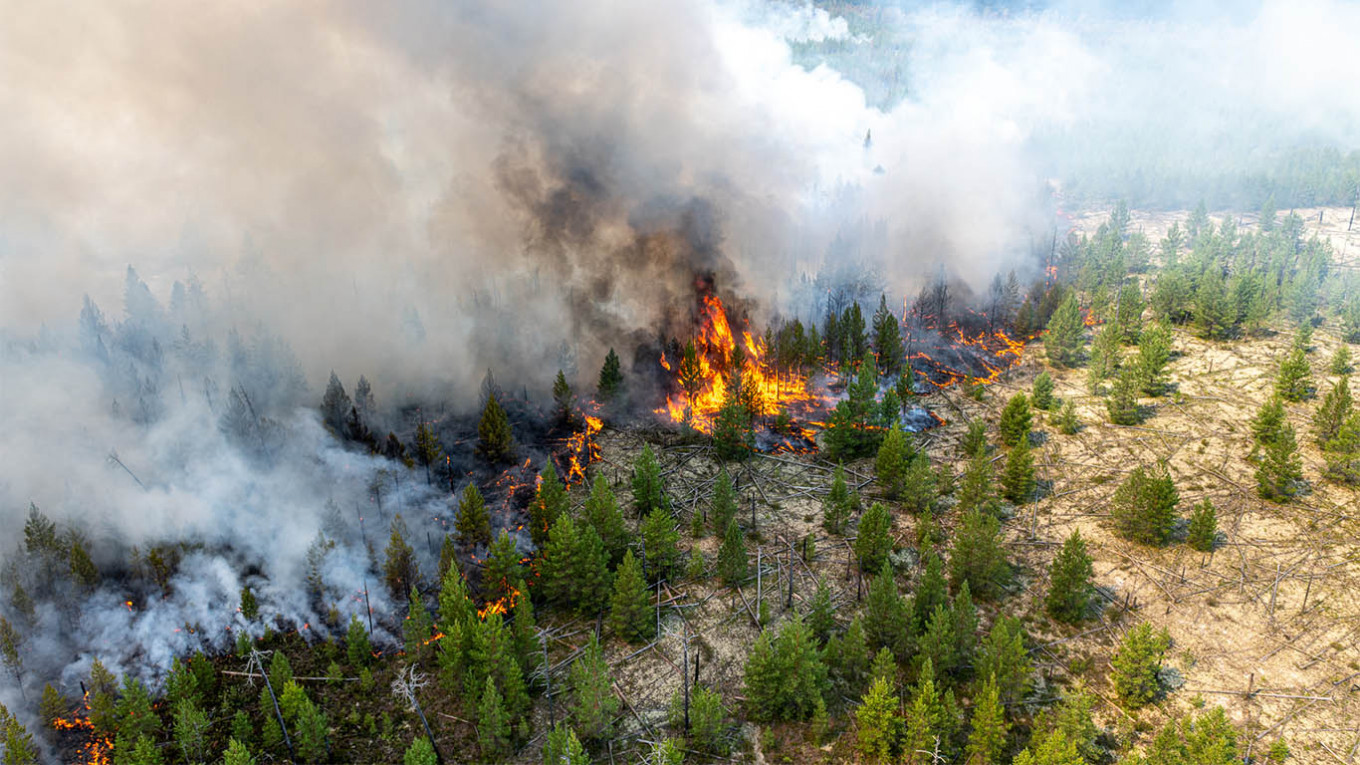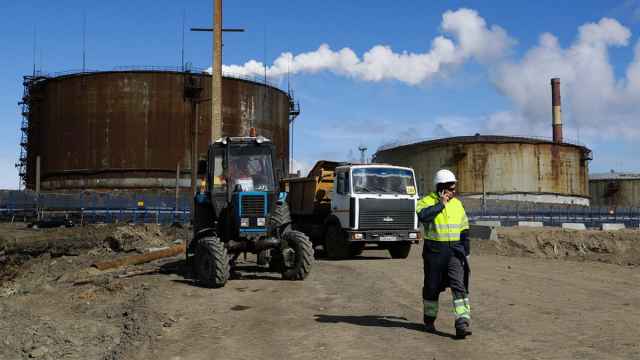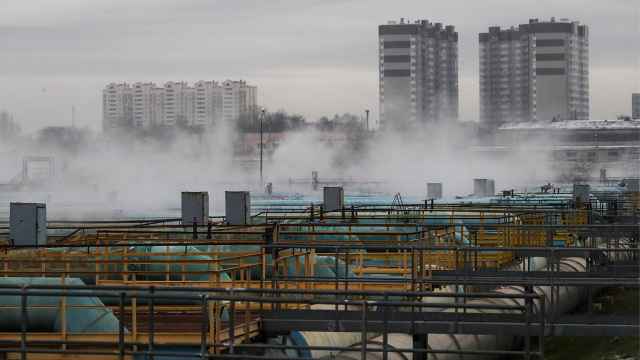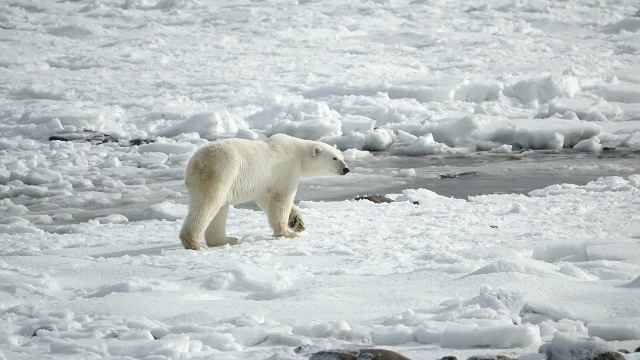Wildfires in the Arctic have emitted more carbon dioxide so far in 2020 than in all of 2019, according to European atmospheric composition data cited by The Guardian newspaper on Monday.
As much as 245 megatons of CO2 have been released from Arctic wildfires up to Aug. 24 this year, compared with 181 megatons in the whole of 2019.
That’s an increase of 35% and may be setting a new precedent, Mark Parrington, senior scientist at the EU’s Copernicus atmosphere monitoring service, told The Guardian.
“In some respects [the data] has been similar to 2019 in terms of the dry and warm conditions in the Siberian Arctic. This year, the difference was a large cluster of fires that burned through July for many days leading to higher estimated emissions,” Parrington said.
Around 600 active fires have been observed in the region in late July, compared with 400 in 2019 and about 100 on average between 2003-2018, according to the data.
Some 205 megatons of the CO2 emitted so far this year was released in June and July
“We have seen two years of anomalously high activity, according to the satellite record that goes back to 2003,” Thomas Smith, assistant professor of environmental geography at the London School of Economics, told The Guardian.
Russian weather officials and environmentalists have said climate change is a major factor behind the increase in fires. European climate scientists have attributed the resurgence of wildfires to freakishly warm weather across vast parts of Siberia combined with low soil moisture.
Boreal wildfire season typically peaks in July and August.
Russia, the world's fourth-largest greenhouse gas emitter whose economy heavily depends on oil and gas, has been slow to take steps to reduce its carbon emissions.
Recent studies have forecast the loss of summertime ice cover in the Arctic by 2050 even if current levels of CO2 emissions were significantly cut.
A Message from The Moscow Times:
Dear readers,
We are facing unprecedented challenges. Russia's Prosecutor General's Office has designated The Moscow Times as an "undesirable" organization, criminalizing our work and putting our staff at risk of prosecution. This follows our earlier unjust labeling as a "foreign agent."
These actions are direct attempts to silence independent journalism in Russia. The authorities claim our work "discredits the decisions of the Russian leadership." We see things differently: we strive to provide accurate, unbiased reporting on Russia.
We, the journalists of The Moscow Times, refuse to be silenced. But to continue our work, we need your help.
Your support, no matter how small, makes a world of difference. If you can, please support us monthly starting from just $2. It's quick to set up, and every contribution makes a significant impact.
By supporting The Moscow Times, you're defending open, independent journalism in the face of repression. Thank you for standing with us.
Remind me later.






